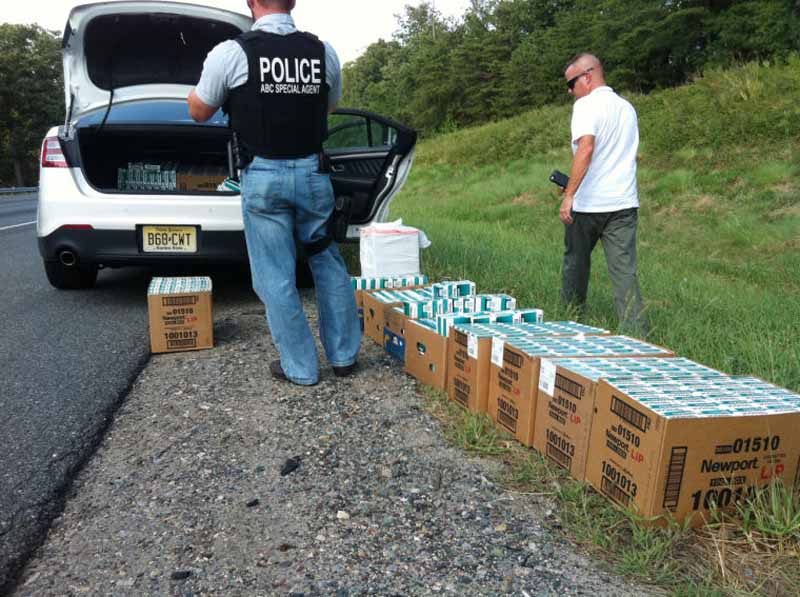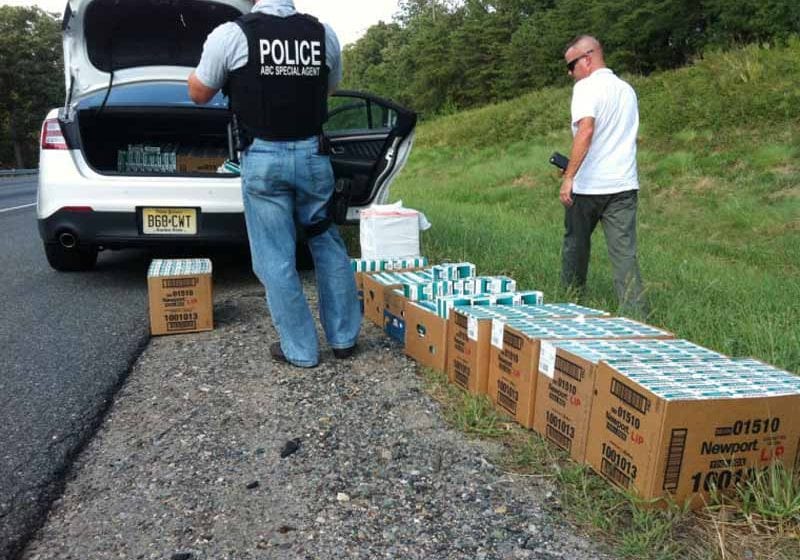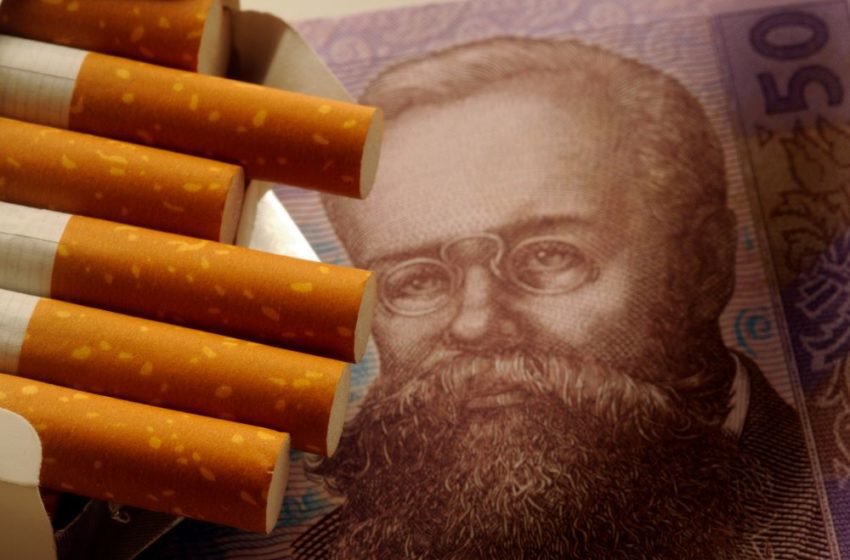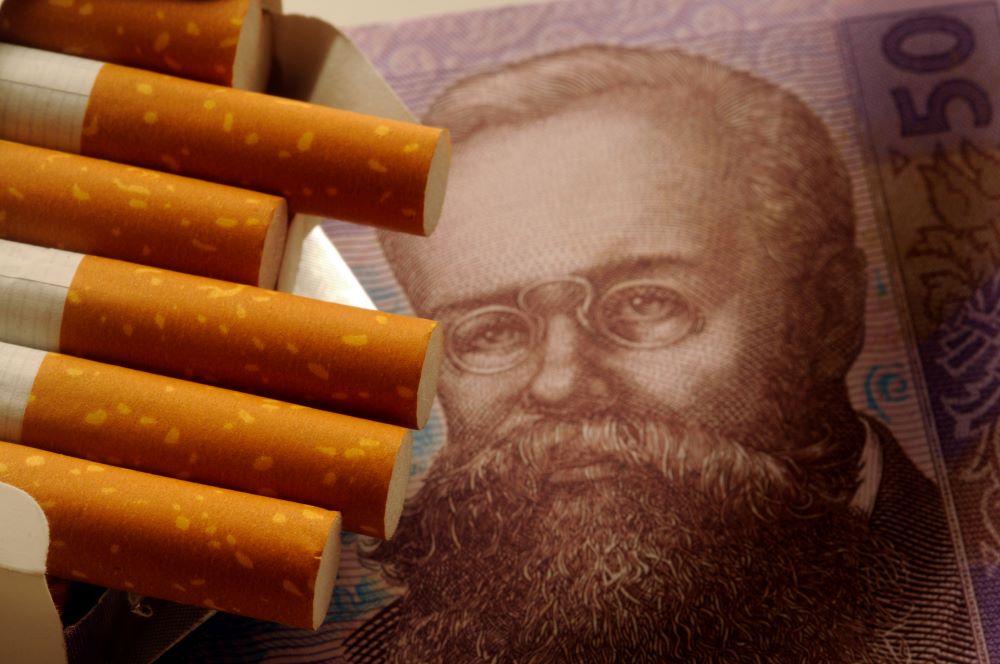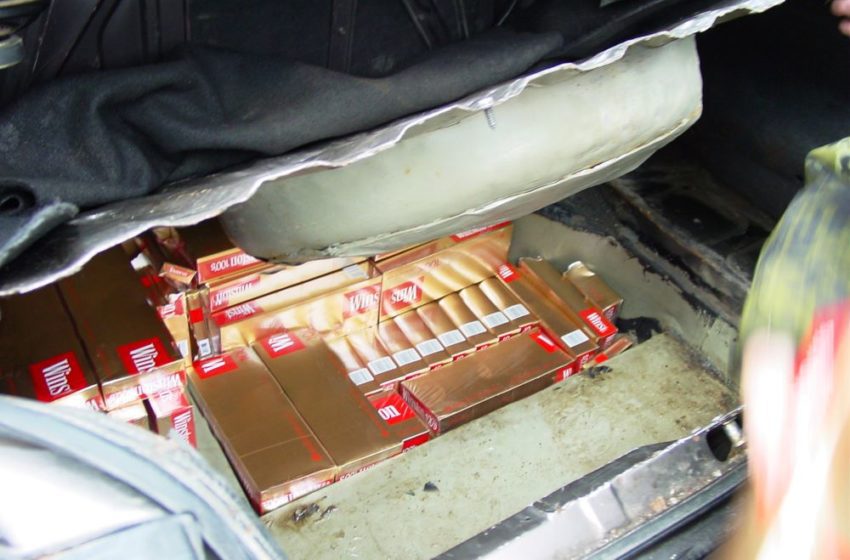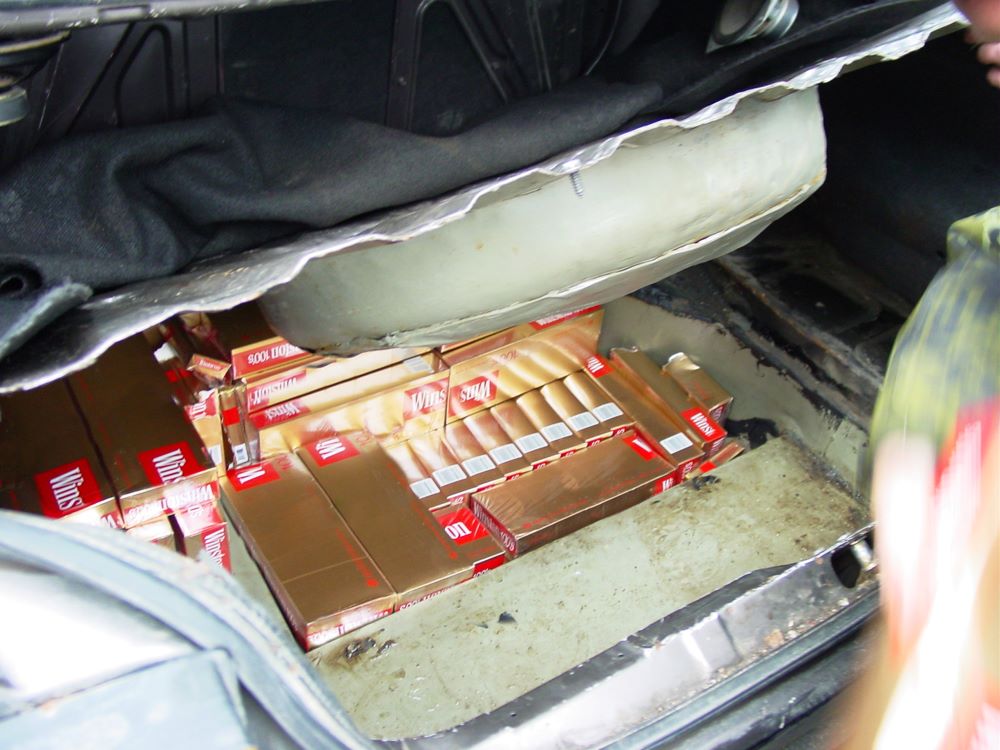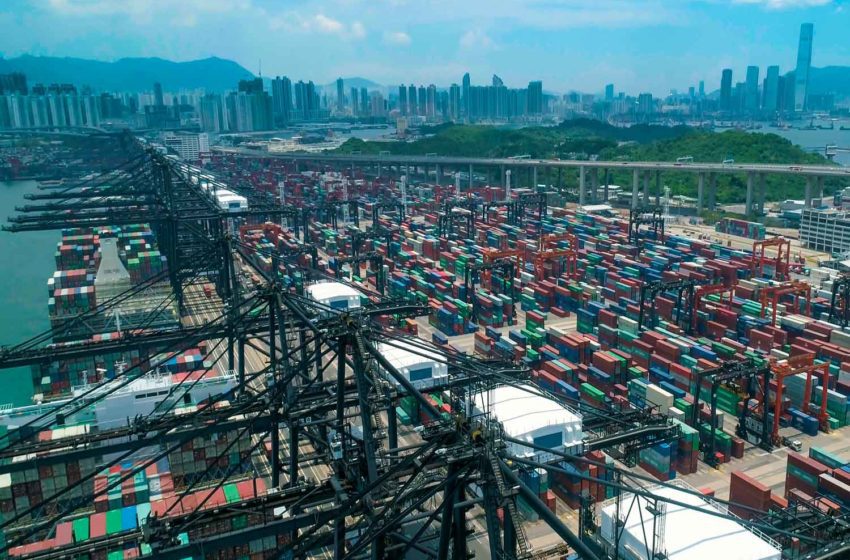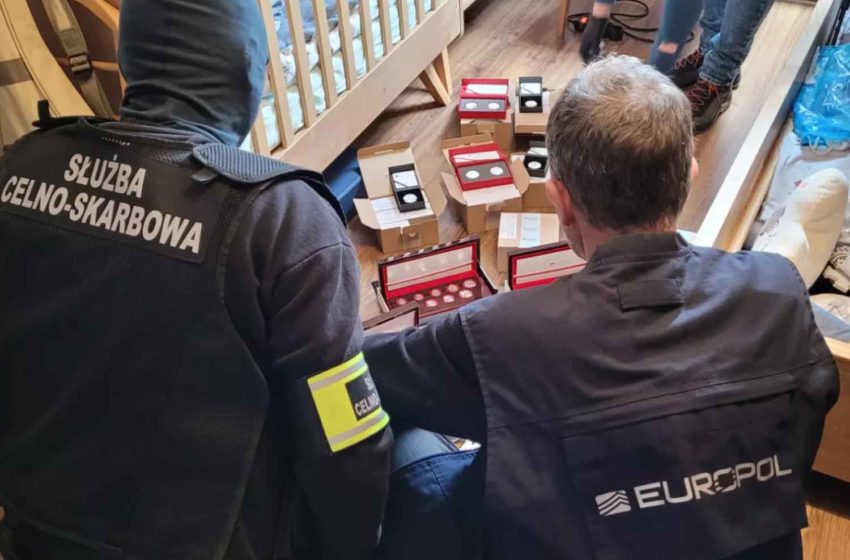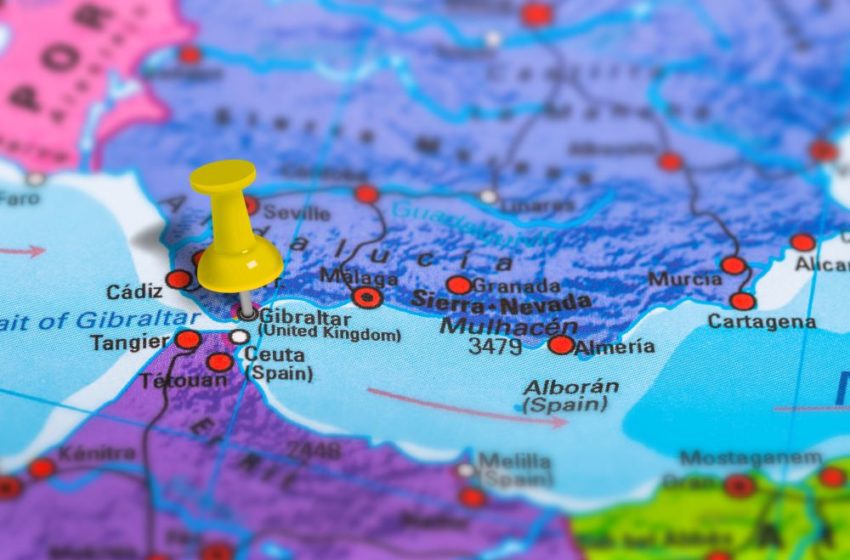Despite the wide presence of counterfeit products on the market, Serbia is the only country in the region where three major global tobacco companies have factories. In Serbia, tobacco has been grown for centuries. Currently, the largest legal tobacco plantations are located in South Pomoravlje and Vojvodina. Several cigarette factories are running in the country, including Philip Morris International; Nis, formerly known as Tobacco Industry Nis; BAT Vranje, previously named Tobacco Industry Vranje; as well as JTI Senta and Monus Cigarettes.
In December 2022, JTI inaugurated a new production line worth $16 million at its Senta factory and announced a new five-year investment cycle in Serbia worth $51 million.
“When a Japanese investor comes to a country to invest in it, other investors from around the world also feel comfortable about investing in that country,” Serbian Prime Minister Ana Brnabic said during the opening ceremony. “That is why Japanese investments are so important in these difficult and challenging times.”
JTI is the only foreign company that is purchasing locally grown tobacco. The new production line will double the capacity of the Senta factory and boost its export potential.
Other market players also invested in their local operations. In 2020, BAT Vranje started the production of cigarettes under the Dunhill brand.
The production of Dunhill in Vranje was called to increase BAT’s market share in Serbia and was in line with the company’s strategy to expand its presence in Southeastern Europe, the company said at that time. In addition, new investments were expected to bolster cigarette export from Serbia. The company estimated that it exported a third of its production in Serbia in 2020 compared to only 10 percent in 2016.
Since emerging in the country in 2003, PMI has invested over $800 million in the Serbian affiliate, remaining one of the country’s largest investors. The Nis factory is one of the most advanced operations in PMI’s global network of factories.
PMI saw its export from Serbia grow by a factor of 20 times between 2010 and 2020. Aleksandar Jakovljevic, managing director of PMI for Southeast Europe, said that the Nis factory had grown from a facility meant for the market of Serbia into a large regional and global production center, from which products were exported to more than 50 countries of the world.
In other countries of the region, however, things are not so bright. In 2022, Fabrika Duhana Sarajevo in Bosnia and Herzegovina, one of the oldest tobacco factories, suspended operation due to financial difficulties. The supervisory board of Badeco Adria, owner of the factory, decided to close it down as losses in the previous three years totaled €3.8 million. In 2021, Novi Duvanski Kombinat Podgorica, a tobacco factory in Montenegro, also stopped operation, citing excessive administrative pressure as the main reason for this step.
Despite the challenges associated with the illegal tobacco business, Serbia is expected to keep expanding cigarette production and export in the coming years, taking advantage of low production costs and its advantageous geographical position. A decisive victory against counterfeit cigarettes could fuel that growth, though it is unlikely to happen in the foreseeable future.
